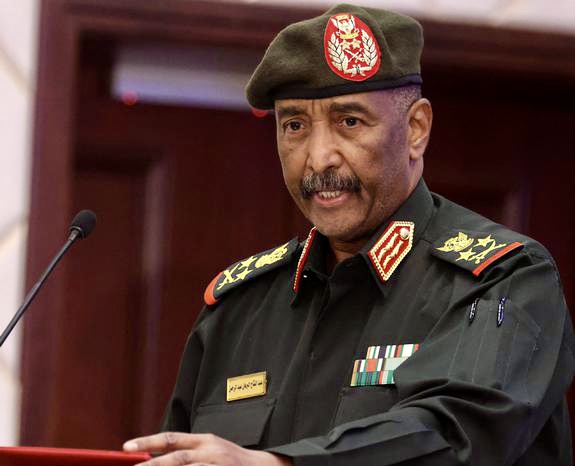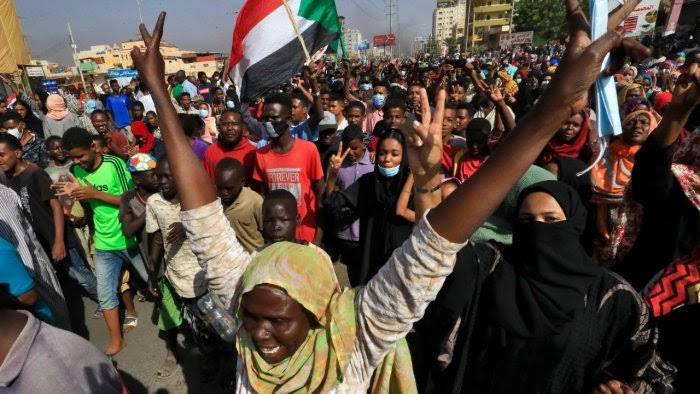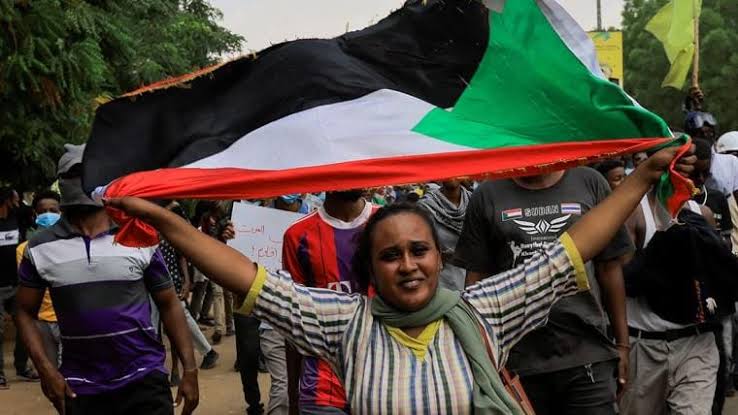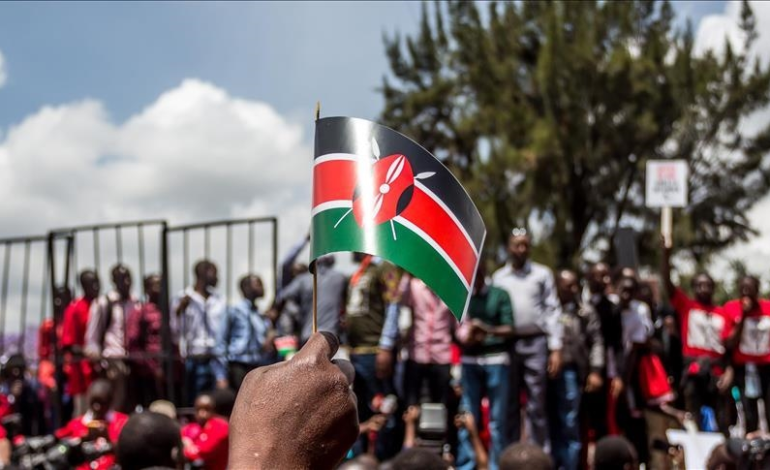
Faith Nyasuguta
Currently, the question on everyone’s lips is: When will the Sudanese ruling junta and civilian groups establish a civilian-led transitional government?
The signatories of the deal meant to organise a gradual transfer of power to civilians known as Framework agreement, have missed a key deadline to advance towards a return to democracy.
According to a timeline established by the parties, a new prime minister and institutions of the transitional authority should have been announced on Tuesday, April 11.
The deadline lapsed after the involved parties failed to sign a final transition deal over disagreements on the integration of the paramilitary Rapid Support Forces (RSF) into the army twice.

On Wednesday April 5th, Yassin Arman, a member of an umbrella group of pro-democracy factions wrote on Twitter that the bone of contention between the two forces touches on the “command and control” of the committee tasked with overseeing the reorganization. Neither the army nor the RSF responded to a request for a comment.
Divisions between Sudan’s deputy leader – who is the RSF commander- and the military chief and de facto head of Sudan, raises fears of confrontations between the army and the RSF.
In recent weeks, both forces have amassed troops and weapons in and around Sudan’s capital, Khartoum. The army has greatly ramped up its presence in the city center, parking armored vehicles at nearly all junctions leading to the country’s presidential palace.
Beyond the generals, other challenges remain.
On the streets, the Framework agreement signed last December has been contested. Political players, from ex-rebel leaders to grassroots pro-democracy networks, remain opposed to the deal despite brokered efforts to draw them in.

Sudan has been plunged into chaos after a military coup, in October 2021 overthrew the government.




